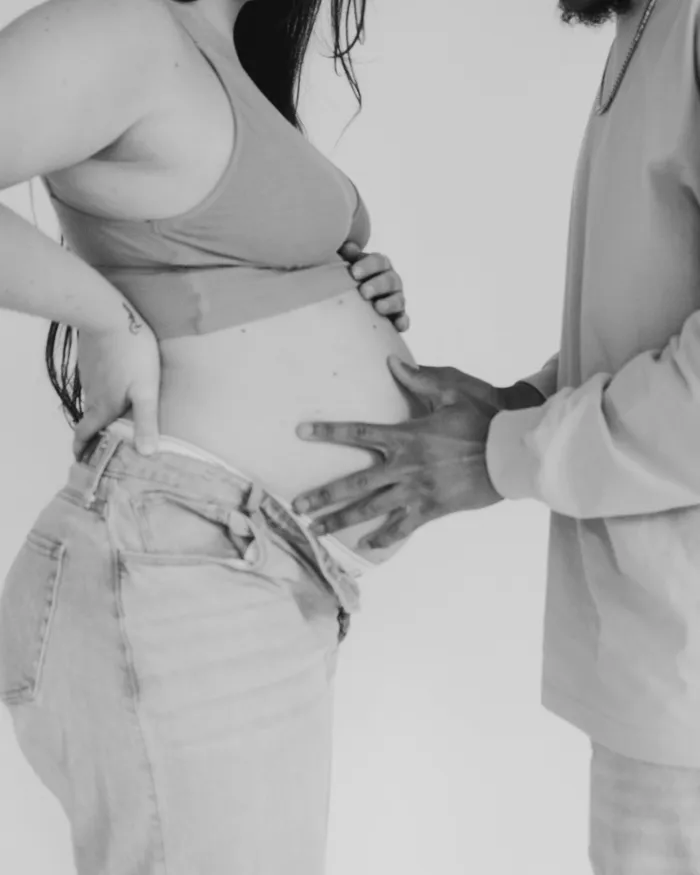Fathers win: ConCourt ruling allows parents to share four-month leave, ending maternal bias

In its ruling on Friday, the apex court declared that parents will now be entitled to four months and 10 days of leave, which they may share between them.
Image: Picture: Brandon Ricketts/Pexels
The Constitutional Court on Friday handed down a landmark judgment, effectively equalising parental leave rights in South Africa by granting all parents equal entitlements, regardless of gender, sex, colour, or circumstances.
In its ruling on Friday, the court declared that parents will now be entitled to four months and 10 days of leave, which they may share between them. This decision significantly alters the previous legal framework, which critics argued unfairly distinguished between maternity, parental, and adoption leave.
The Van Wyk Case and the Fight for Equality
The matter, which originated with the application brought by Werner van Wyk and others, challenged the existing provisions in the Basic Conditions of Employment Act (BCEA) and the Unemployment Insurance Act (UIF Act).
The legal challenge was rooted in the argument that the legislation unfairly discriminated against parents who were not the birth mother—specifically, fathers, adoptive parents, and commissioning parents—by granting them only 10 days of parental leave, while the birth mother received four months.
The applicants, including Van Wyk, sought to address the unfair societal burden placed primarily on mothers, highlighting that parenting responsibilities should be shared.
Equal Entitlements and Far-Reaching Implications
The Constitutional Court's ruling means both parents can now decide how best to divide the four-month leave period, allowing for greater flexibility in managing childcare responsibilities and aligning South African law with a more progressive view of shared parenting.
Legal experts say the decision marks a progressive step in family law and workplace equality, aligning South Africa more closely with global trends on shared parental leave.
The judgment is expected to have far-reaching implications for employers, who will need to adjust their current leave policies to comply with the new standard.
Reaction from labour groups and gender rights activists has been overwhelmingly positive, with many describing the ruling as a major victory for gender equality and family rights in the workplace.
More details on the implementation of the ruling and its impact on labour law are expected in the coming days.
In November 2023, IOL reported that Human rights organisations had welcomed the landmark high court judgment that found the existing maternity provisions under the Basic Conditions of Employment Act unconstitutional as they unfairly discriminated against various types of parents.
The declaration of constitutional invalidity was suspended for two years so that remedial legislation could be enacted by Parliament.
In the interim, the court ruled that all parents have four consecutive months’ parental leave, collectively. In other words, each pair of parents of a qualifying child shall share the four months leave as they elect.
However, the judgment will require confirmation by the Constitutional Court.
The ruling was handed down by Johannesburg High Court Judge Roland Sutherland in the matter of Werner van Wyk and others versus the Minister of Employment and Labour and others.
jonisayi.maromo@iol.co.za
IOL News